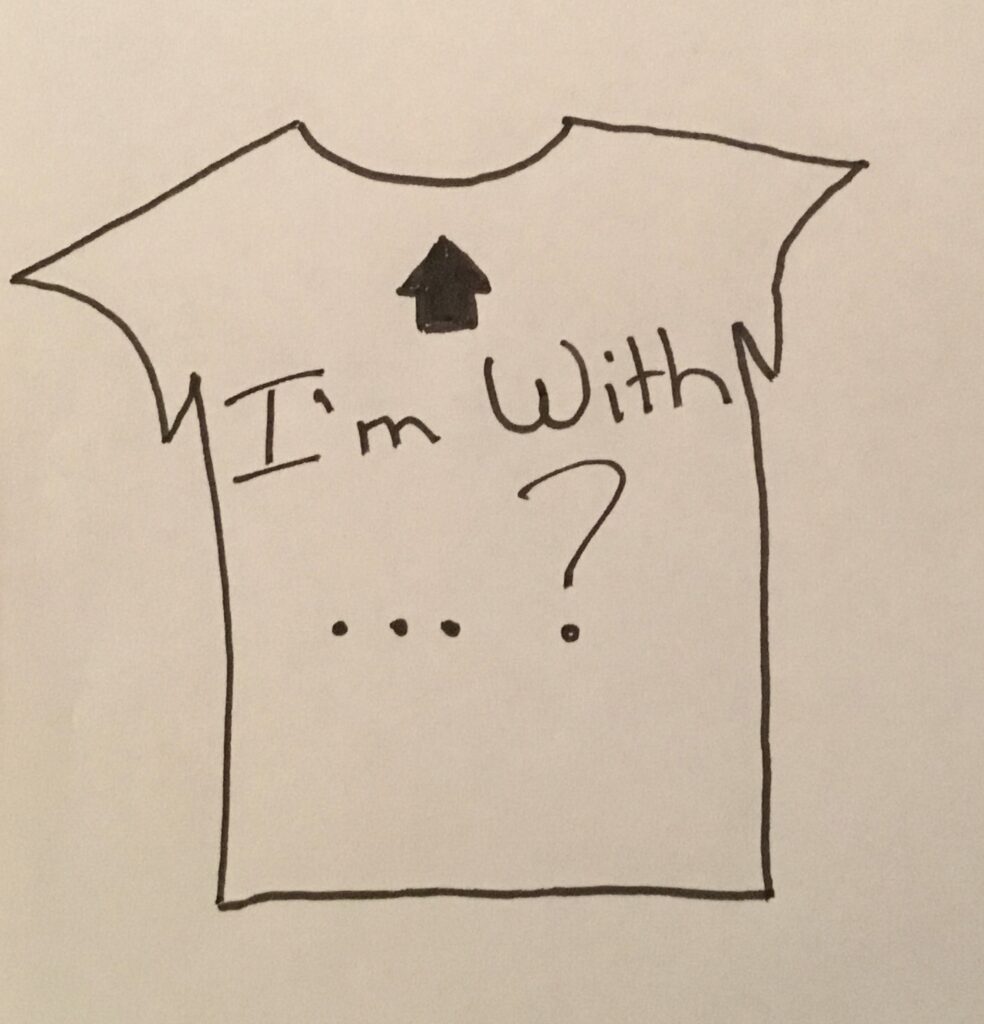
When I tell people my name, they don’t laugh, usually, and they don’t ask me how to spell it.
Usually.
They do pause, almost as if I had said my name was Harry Ball or I.P. Knightley. Well-trained people keep their comments to themselves, while others conjure up something like, “Well, that’s an easy one.”
When you Google “David Smith,” more than seven million results show up. Lots of professionals, politicians, even show-biz types. Amazon gives me more than 20,000 results, and 6895 show up in Goodreads. I’m in there somewhere, sure, but it’s hard to find me among all the actual accomplished people.
No problem.
Of course, that’s not always true. I have had problems – a job that should have been offered to me was offered to a different Dave Smith, cops are keen to know when I was born just in case I am the badass Dave Smith they are looking for, and I used to get email intended for the Dave Smith Centre, an important place which does important drug treatment work.
A common name is a curse for anyone who wants to be discoverable, searchable in the contemporary connected context. It’s like having no metadata for your novel. You just put it out there as a novel and people have to look through all the other novels to find it. Or maybe just 6895 of them.
So maybe I need a new name. And you’d figure that might be fun, as I’ve had this bland name my whole life and I have the chance to change it, not legally, but just in this one little part of life. But it’s not. Fun, that is. It’s a minefield of names that remind me of people I already know (so I can’t be a Greg or a Mike or a Steve), names I can’t stand (not listing any here, as I don’t want to piss anyone off), and even names that might be cultural appropriation (no matter how much fun it is to say Jorge, I cannot be Jorge).
And the choices are complex for other reasons, even if I just wanted to change my first name. For example, Xavier Smith might be distinctive, but there are a few U.S. football players with that name and they might be cool and I am not. It seems dishonest. Search Beauregard Smith and the results are horrifying. Look it up yourself if you want to.
We all know that my first name is not the issue, anyway. Undoubtedly, the Smith is the thing. Out it goes with a suitable plop.
Still, while I might use my first name, maybe it’s smarter not to. Using initials might also give me that S.E. Hinton advantage, temporarily disguising my gender. She wanted boys to read The Outsiders and I might want to write for an audience that would rather read what a woman has to say (which is most audiences for novels today). People always say not to judge a book by its cover and we all know that people ALWAYS judge a book by its cover and that the author’s name is a big part of it. Gendered names are the first thing many people notice after the picture of the heaving bosom, and even before the title.
I have initials that might work. D.S. And I have a middle name that I never liked but that might be useful. And it’s kinda still ME.
D.S. William.
A cursory Google reveals no novelist. A peremptory Amazon search has the same result.
Thinking about it.

The temptation now to go off on name invention tangents is strong. But suspect you wouldn’t welcome that! Do it D.S. Claim some unmarked territory!!
D.S. William……Dee Eswill I. Am……D. Swilliam……D.S. Liam…..D.S. Illiam…..Will Swill…..
sorry. I’ll get my coat.